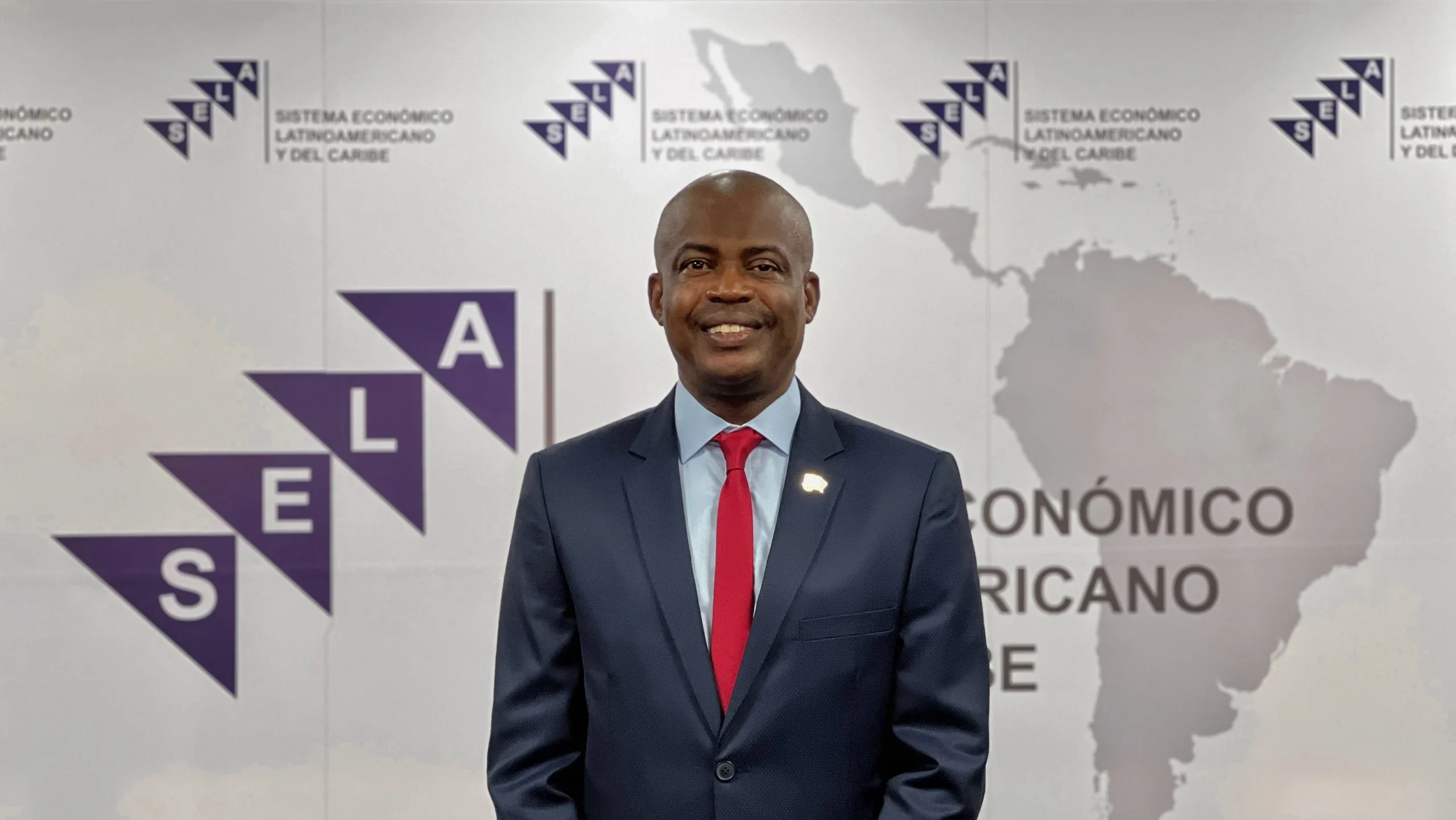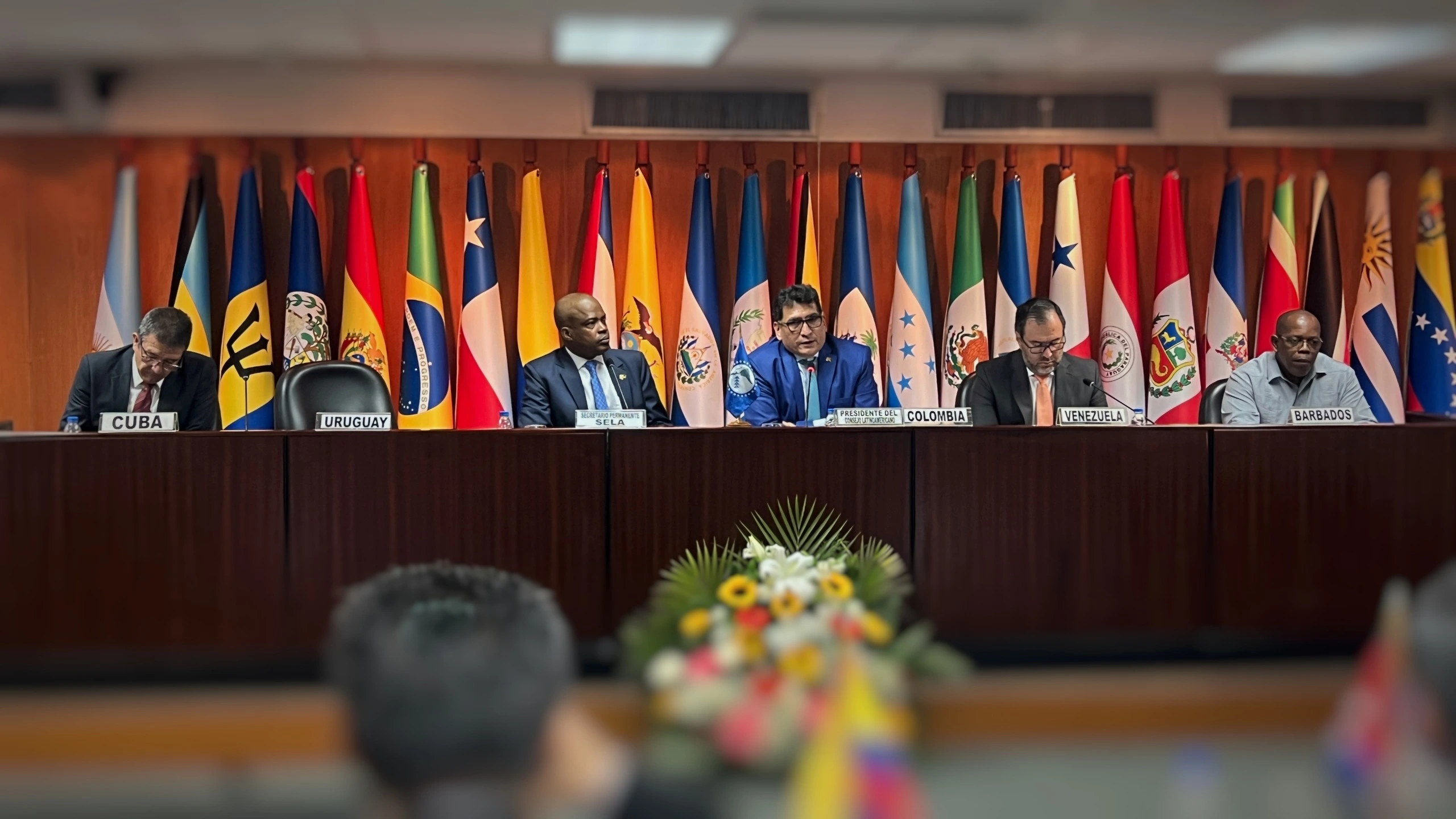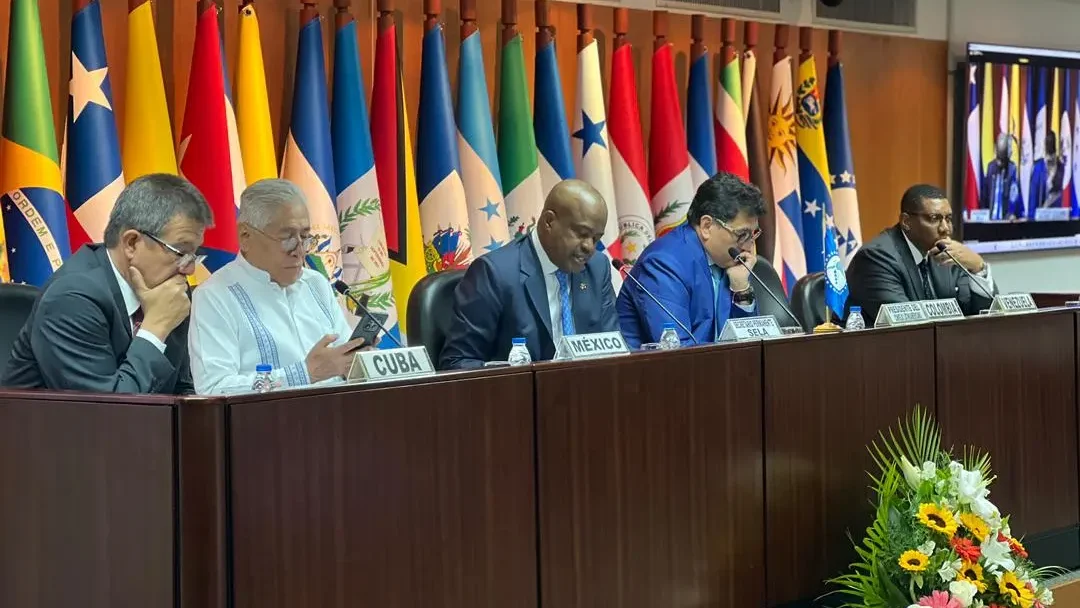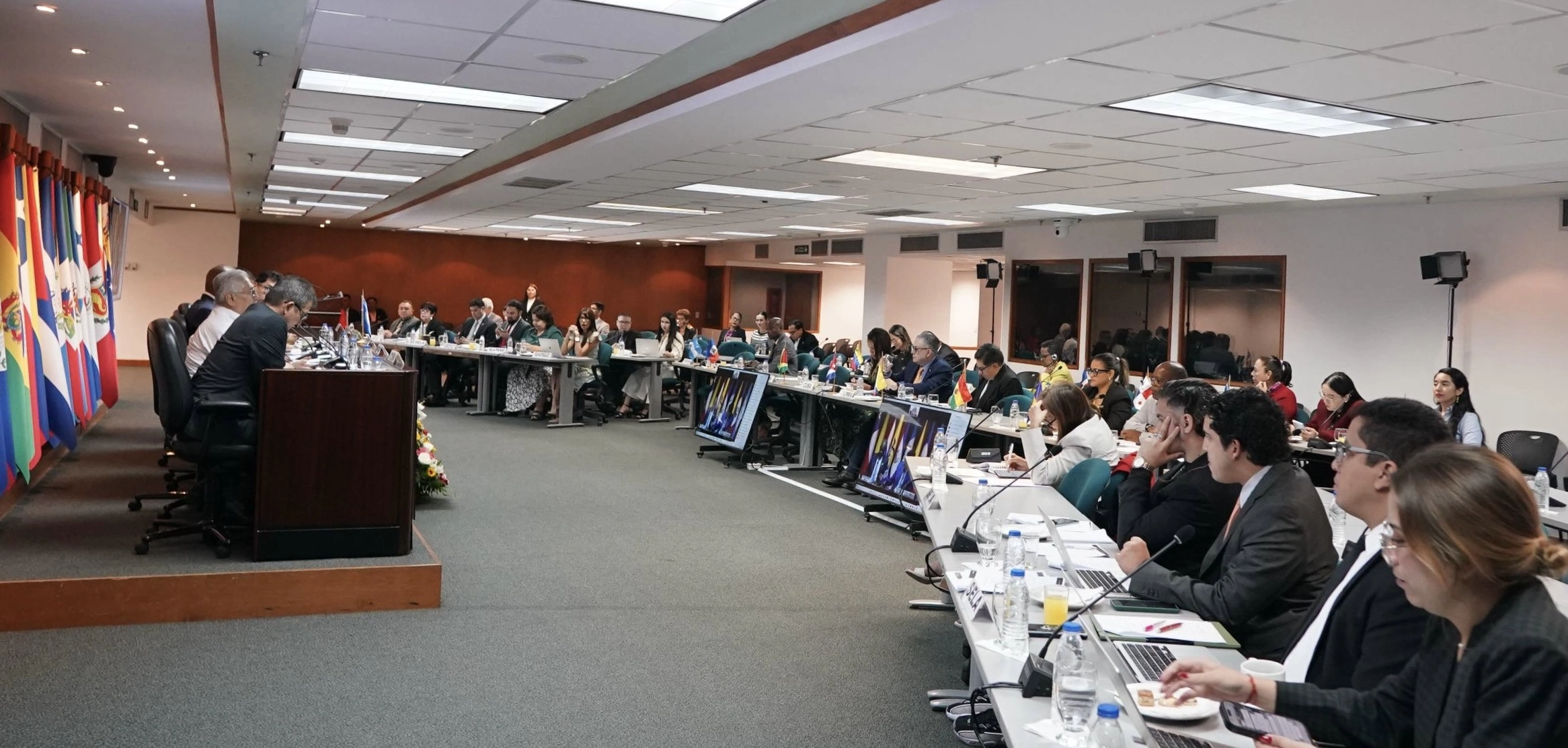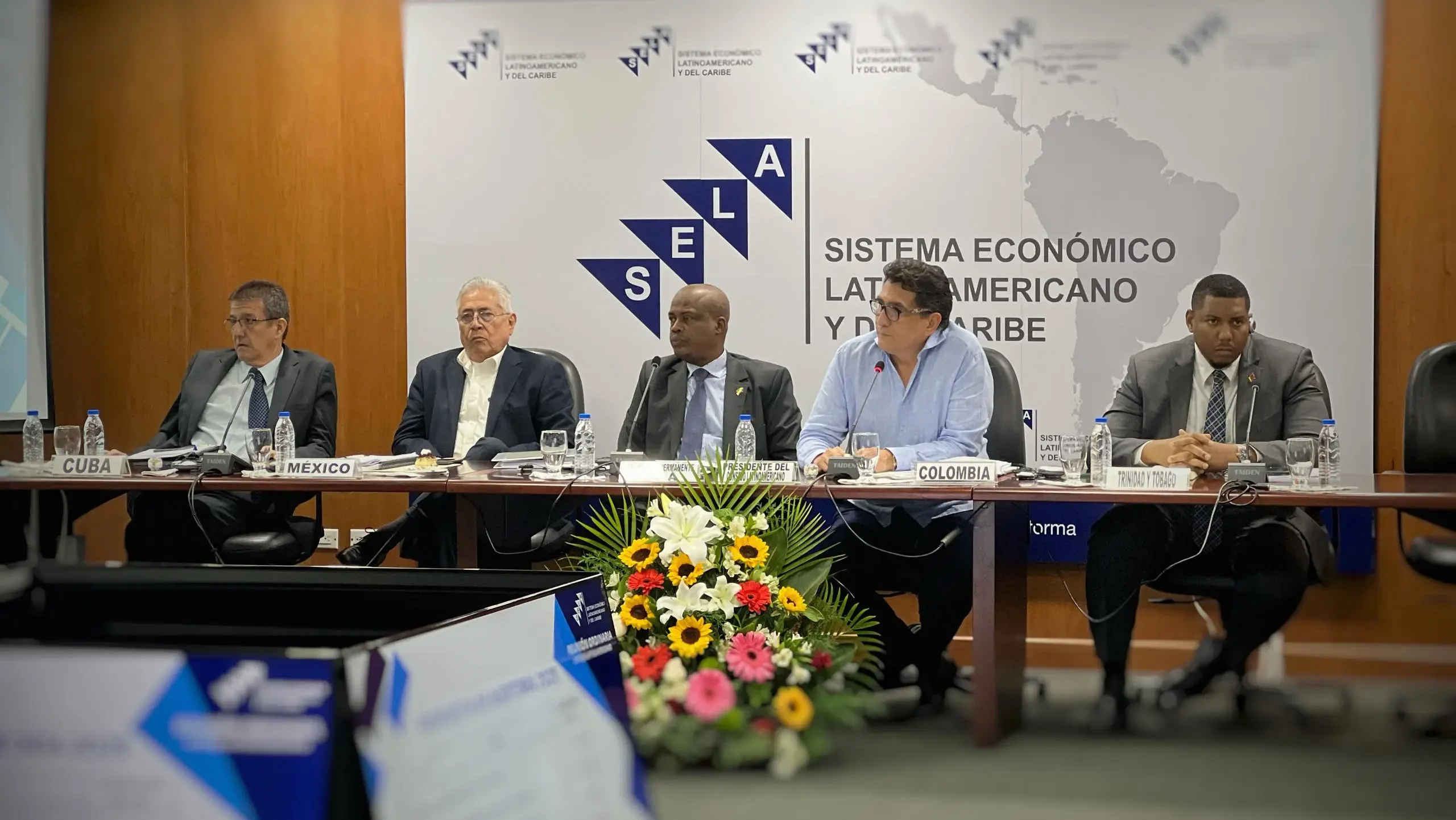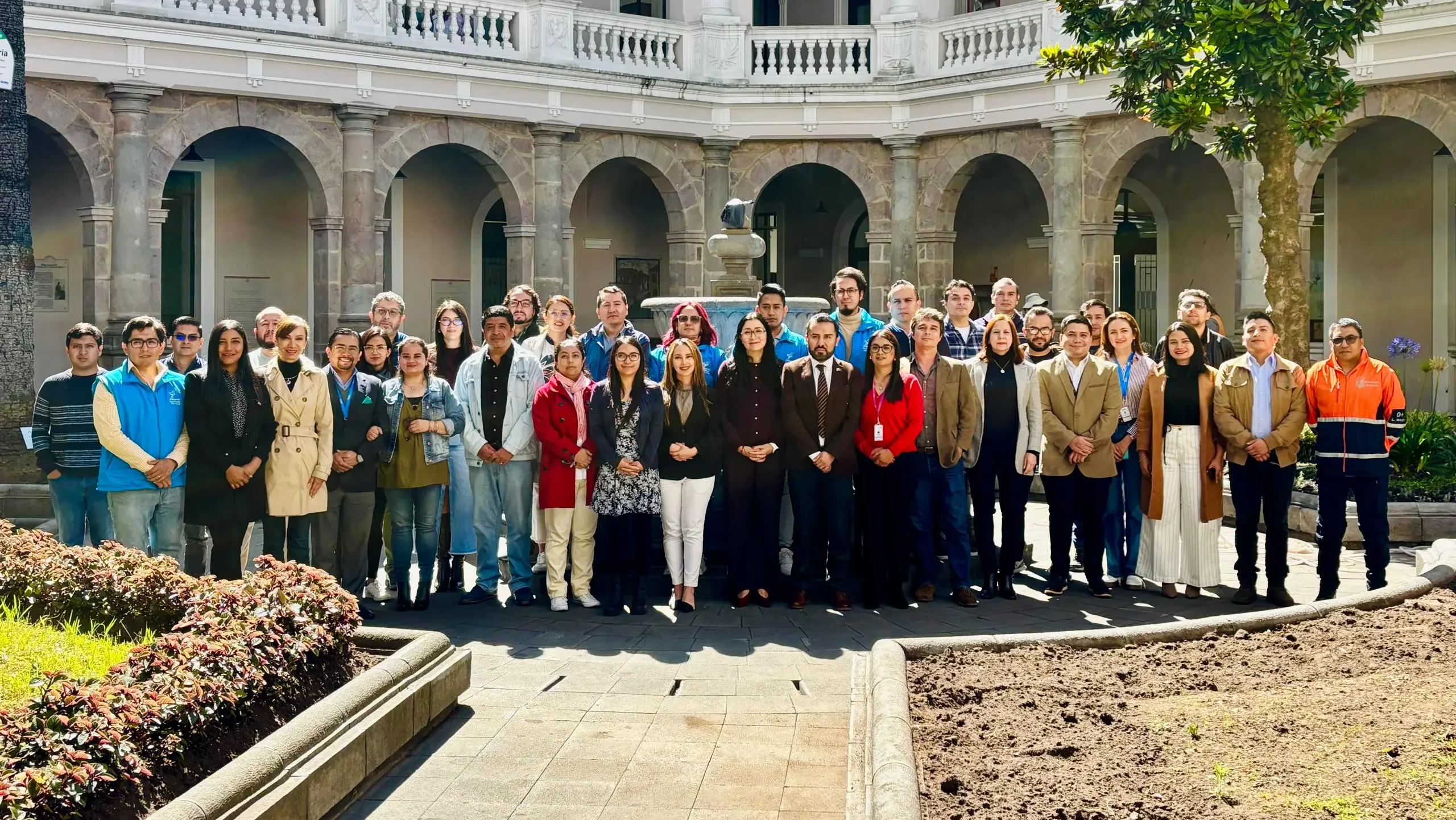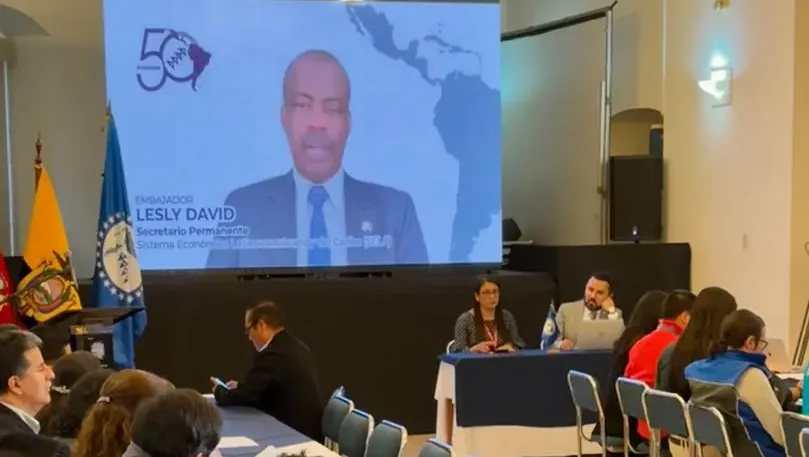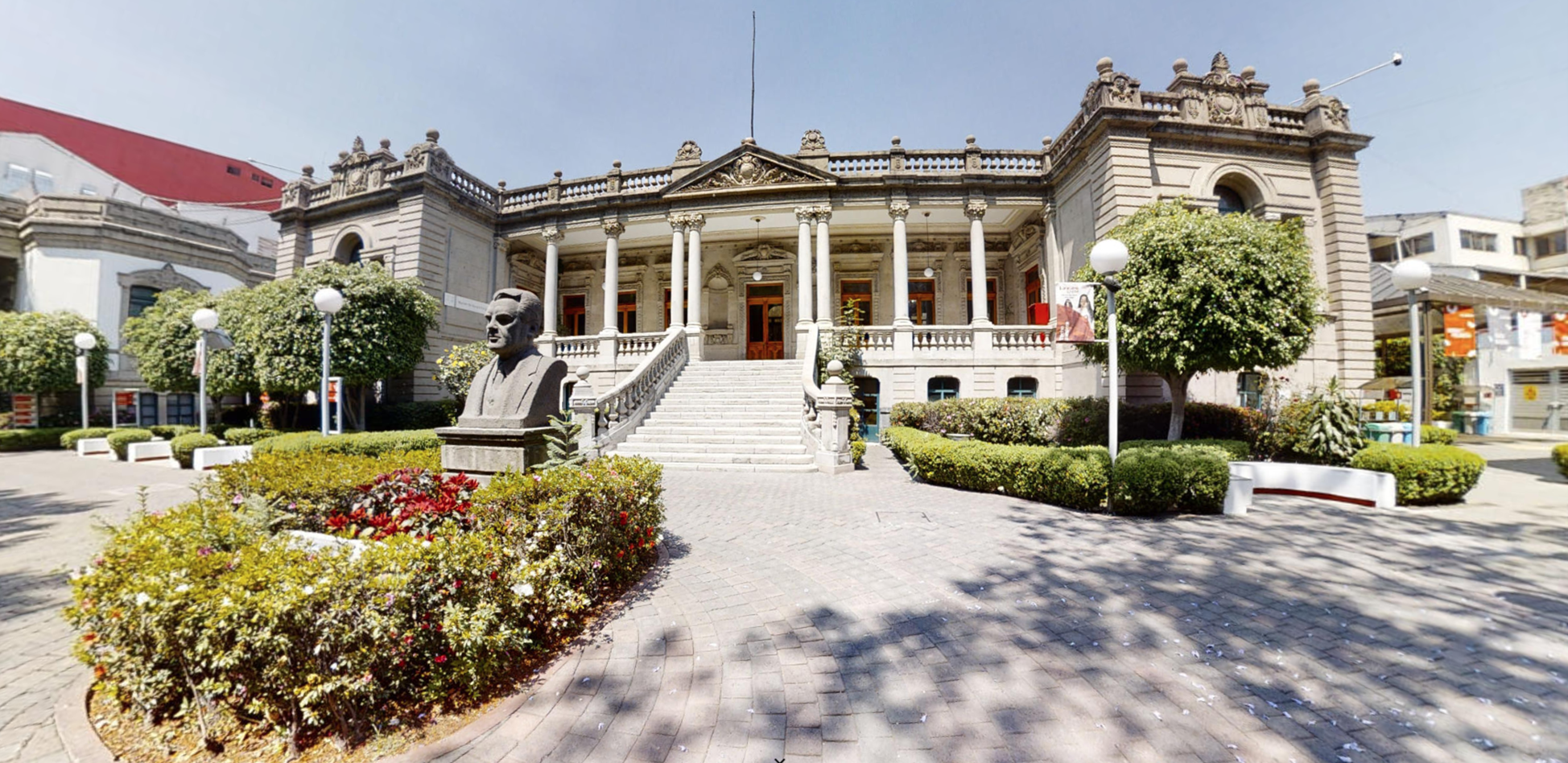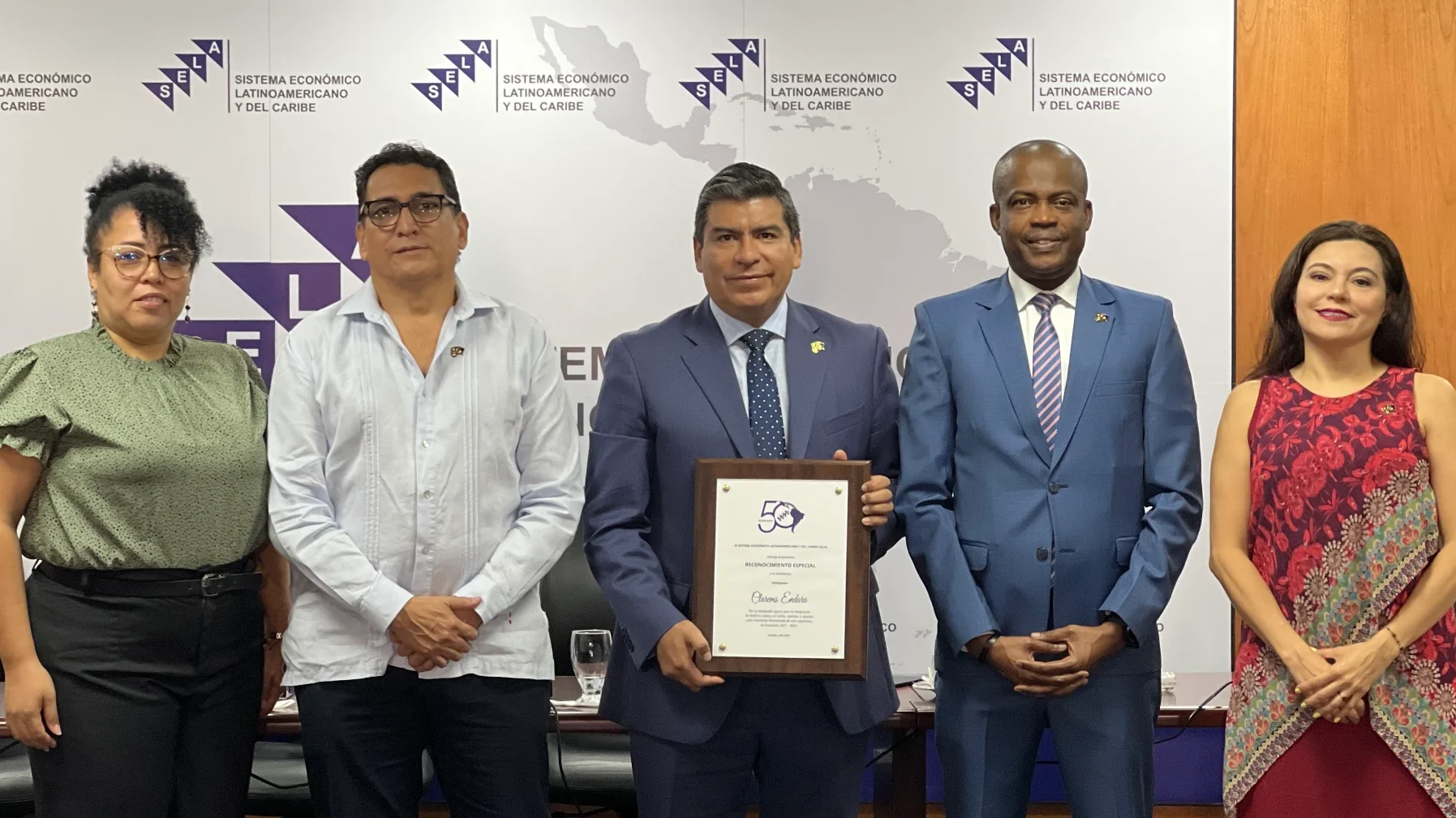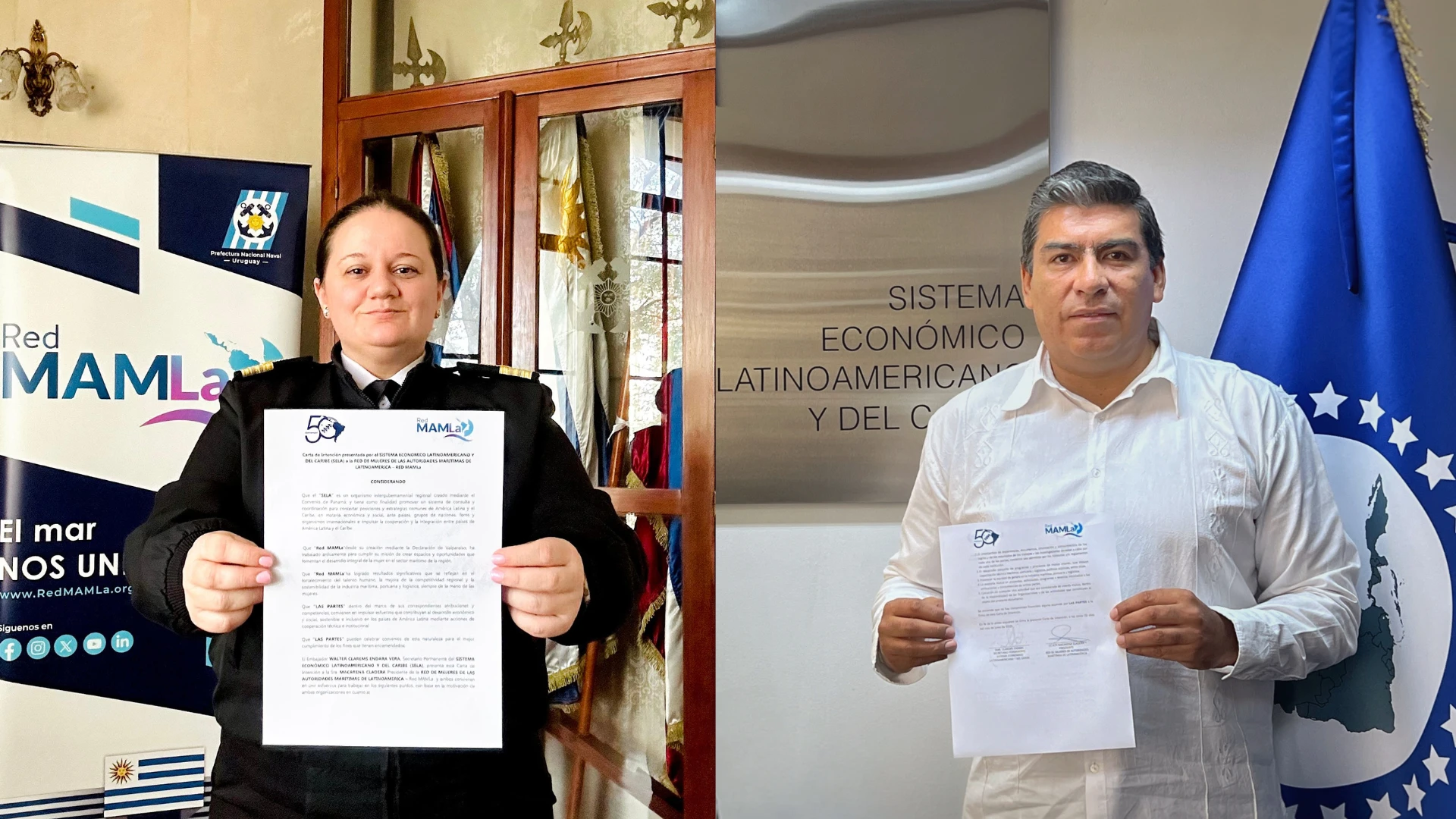
The Latin American and Caribbean region has experienced uneven growth in recent years. While some countries have achieved solid growth, others have faced significant challenges. In this regard, the region is expected to continue to recover from the recession caused by the COVID19 pandemic, although the pace of recovery may vary across countries. The latest IMF projections for Latin America and the Caribbean estimate growth of 2.3% by the end of 2023, similar to that projected for the end of 2024.
One of the main drivers of economic growth in the region is international trade. The Latin American and Caribbean region is highly dependent on exports of commodities, such as oil, minerals and agricultural products. Therefore, the region’s economic performance is linked to the international prices of these commodities. Therefore, the region’s economic performance is linked to the international prices of these commodities. In addition to international trade, other factors that influence the economic and social scenario in Latin America and the Caribbean include fiscal and monetary policies, foreign direct investment, political and social stability, as well as technological advances. Thus, it is imperative to make an assessment and recommendations for public policies that promote assertive responses to the countries’ needs.
As for the outlook for 2025, the region is expected to continue its gradual economic recovery process, although the pace may vary across countries. Effective implementation of sound fiscal and monetary policies, boosting key productive sectors, and stimulus to attract foreign direct investment and international trade can contribute to sustainable economic growth. While a gradual economic recovery is expected, addressing persistent social challenges is essential to achieve sustainable and equitable development in the region. In this context, this thematic axis envisages the following goal:
Leverage economic growth by strengthening regional integration processes
and contributing to the design of public policies that facilitate trade
and the promotion of the SME business ecosystem.
Economic Integration Programme
Objective: Work on a common regional agenda among integration blocs for the development of economic policies that contribute to the growth of Latin America and the Caribbean.
Activities in 2025:
Trade Facilitation Programme
Objective: Design public policies to reduce costs and the hurdles to trade, open new markets and find a niche for Latin America and the Caribbean trade in the international markets.
Activities in 2025:
SMEs Programme
Objective: Formulate public policies to promote productive sectors, strengthen business models, and develop new markets for the regional SME business ecosystem.
Activities in 2025:
